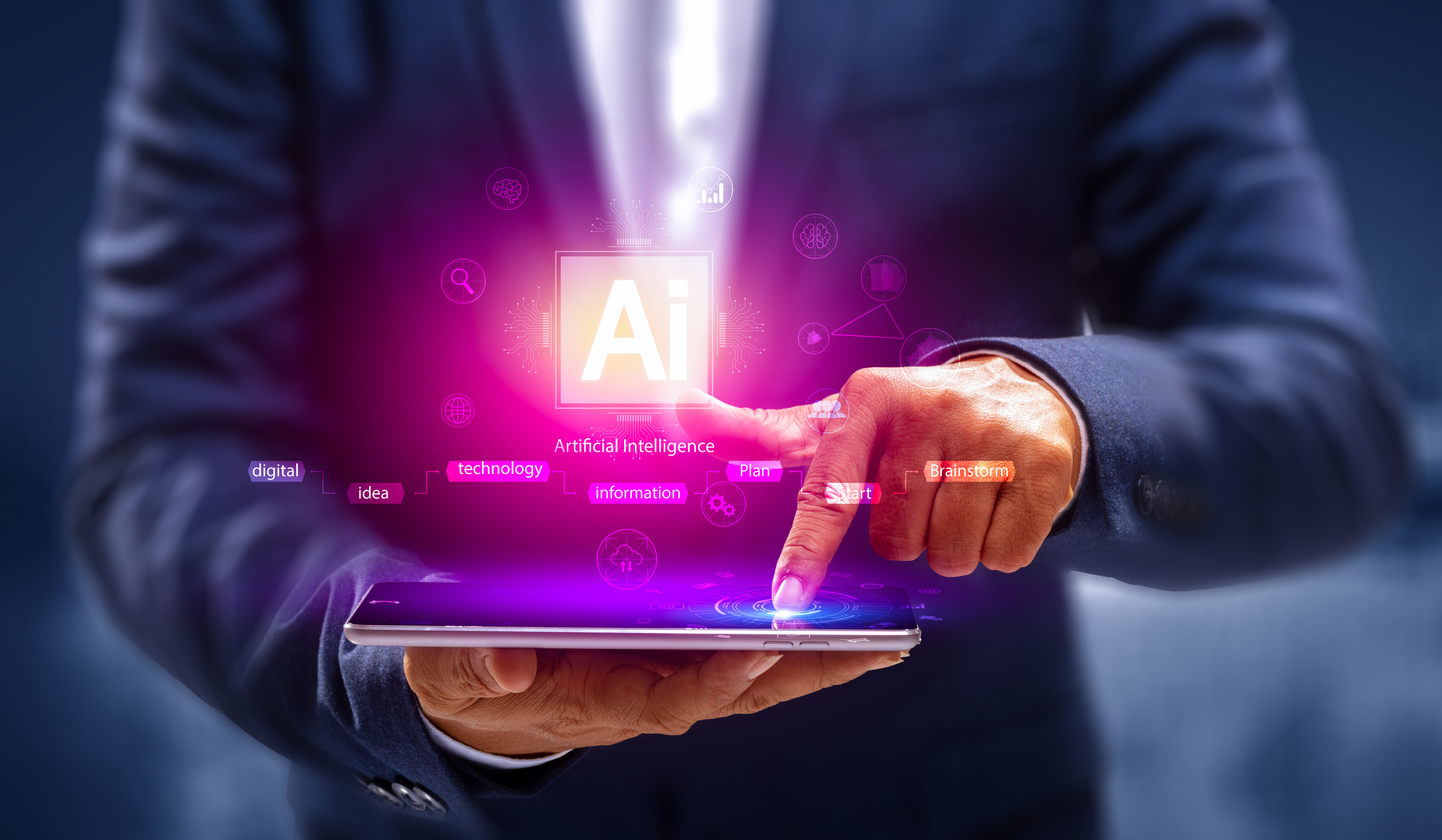Two things can be true at once. For instance, artificial intelligence (AI) could lead to advancement, but it could also lead to regression.
According to Forbes, a study by McKinsey’s Digital Practice and the McKinsey Institute for Black Economic Mobility showed that almost $2 trillion “in wealth” is expected to be created from generative AI in the United States — resulting in $500 billion reportedly going to households. What this means is that a “projected 143.4 million U.S. households in 2045 will get an average increase of $3,400 in new wealth.”
However, on the other end, since Black households are reported to “make 38 cents of every dollar of new household wealth,” it could widen the racial wealth gap by $43 billion, if accurate.
The alarming wealth gap is also a result of the majority of Black professionals working in office support, production work, food services, and mechanical installation and repair jobs, which typically don’t require a degree and are being expected to be overtaken by AI.
McKinsey’s findings come as Black workers have already shown an increase in fear of being replaced by the tech tool, as previously shared by AFROTECH.
“Black workers are also mostly employed in four of the top five ‘high-mobility’ occupations—or jobs that provide a livable wage and opportunities for development without requiring a degree—most likely to be taken over by automation: office support, production work, food services and mechanical installation and repair, McKinsey said,” Forbes explained.
“Between 2030 and 2060, researchers said generative AI will be able to perform half of high-mobility jobs, potentially closing the jobs as a way of upward mobility for Black workers,” the outlet added.
While the McKinsey report broke down how AI could have a negative effect on the Black community, it also highlighted the potential upsides.
It’s reported that AI could possibly “provide opportunities of upward mobility” for Black professionals as well as improvements in finances and homeownership.


